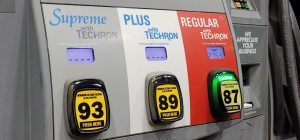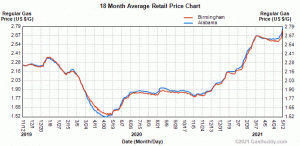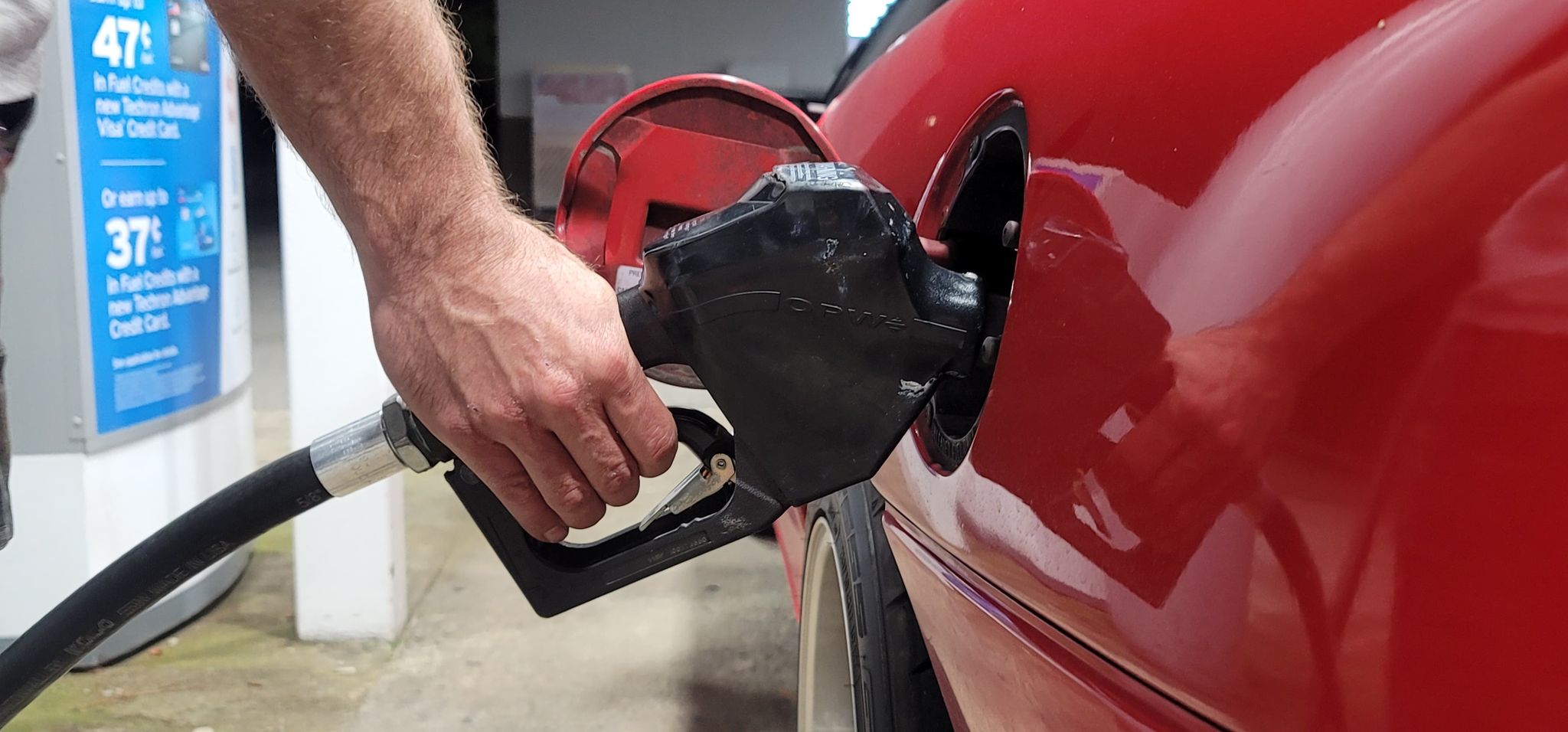From The Tribune staff reports
MONTGOMERY — Alabama Gov. Kay Ivey urged people to refrain from panic buying at gas stations after the pipeline cyberattack, saying Alabama does not have a fuel shortage but that hoarding could create one.
Ivey spokeswoman Gina Maiola said the governor spoke to the U.S. Department of Energy and was assured that the pipeline should be operational in a few days. The governor urged people to “be courteous, only fill up if you need to, and do not fill up multiple containers.”
“She is urging Alabamians and others to not panic and to use good judgment. A shortage has not reached Alabama at this time, and she reminds us that an overreaction would only lead to that,” Maiola wrote in a statement. “Governor Ivey urges patience and common sense,” she added.
The Colonial Pipeline, which delivers about 45% of the fuel consumed on the East Coast, was hit by a cyberattack on Friday. The operator of a major U.S. fuel pipeline said Monday it hopes to have services mostly restored by the end of the week.
The company said Tuesday that it is making progress in returning the system to service. They have opened additional lines that are being operated manually. Colonial has also increased aerial patrols of the pipeline right of way and deployed more than 50 personnel to walk and drive ~ 5,000 miles of pipeline each day.


“What you’re feeling is not a lack of supply or a supply issue. What we have is a transportation issue,” said Jeanette McGee, spokeswoman for the AAA auto club. “There is ample supply to fuel the United States for the summer, but what we’re having an issue with is getting it to those gas stations because the pipeline is down.”
In North Carolina, 28% of gas stations were out of fuel, according to Gasbuddy.com, a technology firm that tracks real-time fuel prices across the country. In Raleigh-Durham it was worse, with 72% of gas stations out of fuel.
North Carolina Governor Roy Cooper declared a state of emergency Monday, initiating fuel waivers that make it easier to transport fuel into the state.
Georgia Gov. Brian Kemp said he is suspending state taxes on motor fuels to offset increasing prices.
Georgians were also getting squeezed, with 17.5% of stations there out of gas, according to Gasbuddy.com. In Virginia, 17% of stations were out, and in South Carolina, 16% had no fuel.
The disruption is taking place at the time of year when Americans begin to become more mobile, especially as the nation emerges from the pandemic.


Gas Prices Averages. Blue line is Alabama average, red line is Birmingham area average. Chart: GasBuddy.com
The national average price for a gallon of gasoline ticked above $3 for the first time since 2016 Wednesday, according to the AAA. Prices begin to rise around this time every year and the auto club said Wednesday that the average price hit $3.008 nationally.
“You go to some states, and you’re going to see much higher increases, especially in the South, because that’s where you’re seeing the largest impact in terms of strain of gasoline, or strain of people,” McGee said.
As for Alabama, the average has stayed under the national average for regular has and in the Birmingham area, prices are staying slightly lower than the statewide average.
The AAA expects more than 37 million people to travel at least 50 miles (80 kilometers) from home during the Memorial Day weekend, up 60% from last year, which was the lowest since AAA began keeping records in 2000.
Multiple U.S. agencies are coordinating efforts to avert any potential shortage, should they arise.
The White House said Wednesday that the Department of Transportation is now allowing Alabama, Georgia, Kentucky, Louisiana, Maryland, Mississippi, New Jersey, North Carolina, Tennessee and Virginia to use interstate highways to transport overweight loads of gasoline and other fuels under existing disaster declarations.
The department’s Maritime Administration completed a review of potential actions available under the Jones Act, a U.S. maritime law that requires shipments between U.S. ports, including fuel, to be moved by American-flagged ships.
The Department of Homeland Security is prepared to review any temporary Jones Act waiver requests from companies if there is not sufficient capacity to get to regions suffering fuel shortages, said White House press secretary Jen Psaki on Wednesday.
“Actions taken by the Federal Government to issue a temporary hours of service exemption for motor carriers and drivers transporting refined products across Colonial’s footprint and actions taken by several Governors to lift weight restrictions on tanker trucks should help alleviate local supply disruptions,” Colonial Pipeline said in a press release. “This is in addition to the Reid Vapor Pressure wavier issued today by the U.S. EPA that will also help alleviate supply constraints in several states serviced by our system. We would like to thank the White House for their leadership and collaboration in resolving this matter as well as the DOE, PHMSA, FERC and other federal agencies for their ongoing support.”










